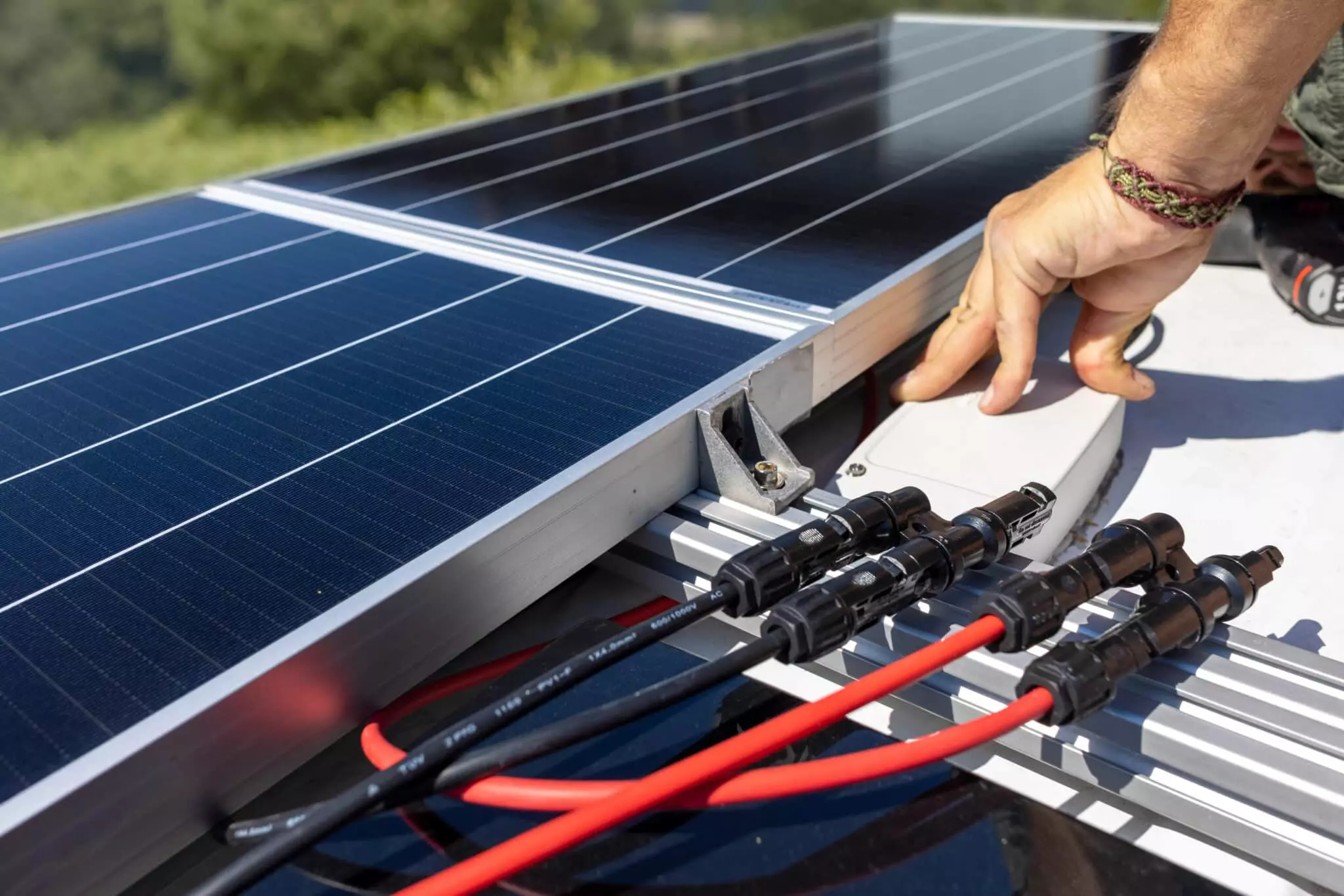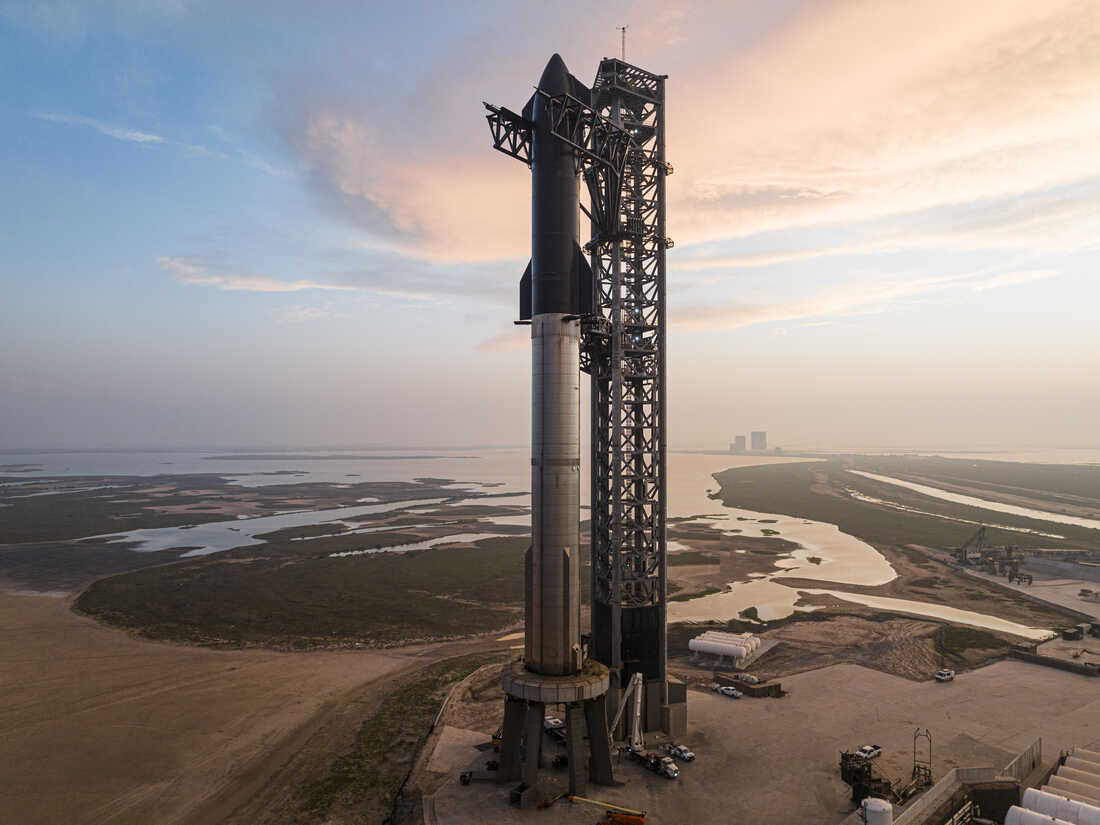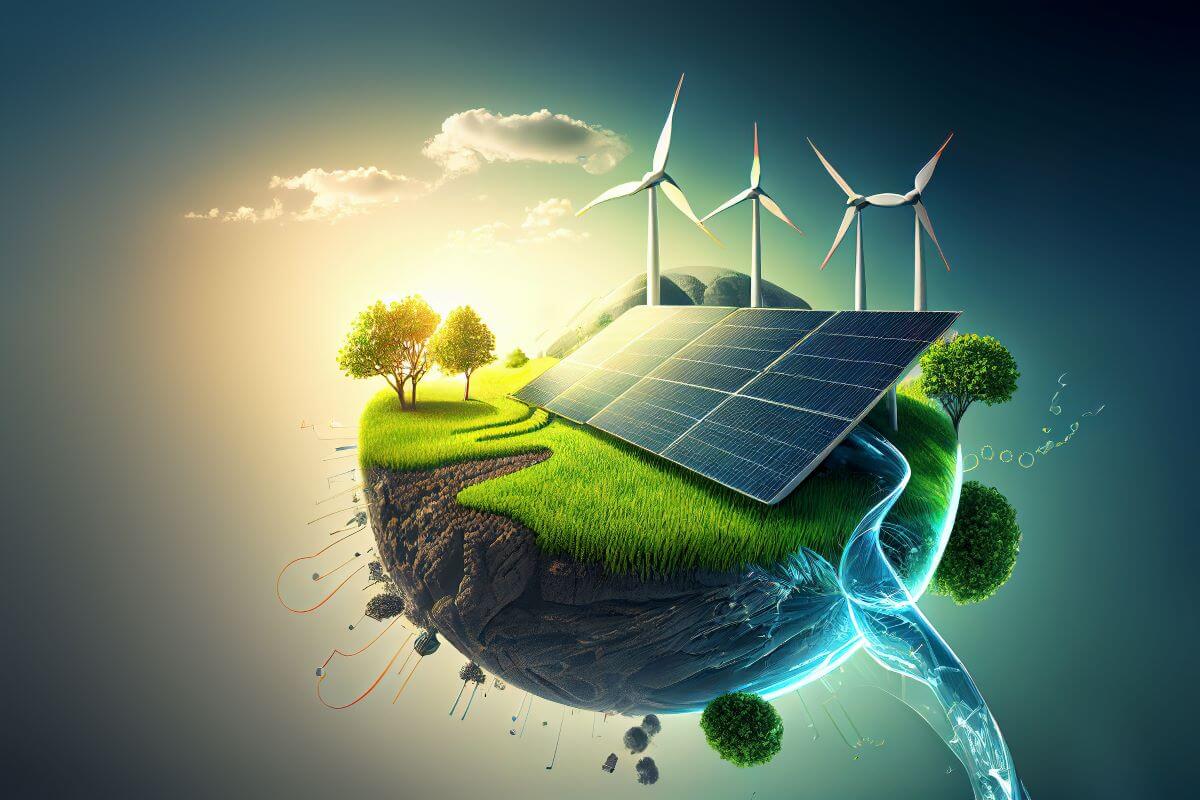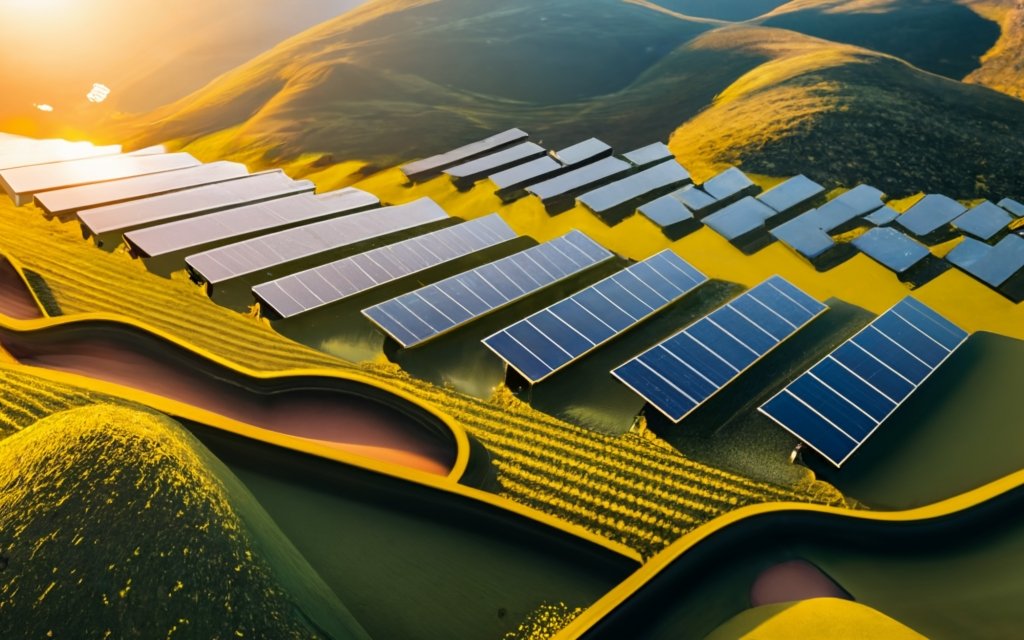What Is a Solar Panel Lease and Is it Worth It?

What Is a Solar Panel Lease?
A solar panel lease is an agreement between a homeowner and a solar leasing company. This agreement allows the homeowner to use the solar energy system for a fixed period — typically 20 years.
During the lease period, the solar provider handles the solar panel installation and maintenance, and the homeowner enjoys benefits, such as clean energy generated, reduced utility bills, and energy independence. In return, the homeowner pays a monthly lease fee. This fee is generally lower than their current electricity bill, so it’s a financial net positive for the homeowner.
Unlike a cash purchase, the homeowner does not pay upfront for the solar panel system. Nor is the homeowner responsible for maintenance and repairs. The solar lease company handles everything: installation, monitoring, maintenance, and solar panel efficiency. This ensures maximum energy savings with minimal work or cost for the homeowner.
Some solar panel lease agreements offer the option to purchase the solar panels when the lease term ends. This gives homeowners the option to eventually own the system and reap the clean, renewable energy benefits for years.
If you choose not to buy out the home solar system at the end of the lease agreement, the lease contract simply expires. At that point, the leasing company or a third party will schedule a decommissioning, which includes removing the solar panels and restoring your roof. This will likely not happen the day your lease expires, so there will be a delay between contract expiration and removal.
What Are the Benefits of a Solar Lease?
We all know solar panels have numerous benefits. But what are the benefits of leasing them?
Lower Upfront Costs
Solar panels generally require a large upfront cost that often involves the homeowner dealing with solar loan payments, interest rates, down payments, and more. Solar leasing bypasses all this, as the solar leasing company takes on the expense of purchasing and installing the solar panels, minimizing upfront solar panel costs. Some solar leases even require zero down payment, further reducing upfront expenses.
Immediate Savings
Solar leases also allow homeowners to immediately reduce their electricity costs. The electricity the system produces power for the home, reducing or eliminating the demand on the electricity from the grid. This often results in huge energy bill savings over the lease term.
A solar panel lease is a great way to enjoy the electric bill savings of a solar panel system without the upfront cost.
Solar panel leases aren’t for everyone, so review your situation to determine if it’s the right decision.
Solar panel leases have many benefits, but you must also consider their drawbacks, such as missing out on the federal tax credit.
Solar panels continue to rise in popularity, as people and businesses realize their dual benefits: reducing carbon footprints and energy independence. But not everyone is a good candidate for purchasing solar panels for various reasons. This is where a solar panel lease can help.
Solar panel leases allow homeowners to rent solar panels from a solar provider, eliminating many of the upfront costs that stand in the way of getting solar.
While this seems like a straightforward agreement, there’s more to a solar panel lease contract than that. Below, we’ll dive deep into these lease agreements, how they work, and if they are right for you.
How Do I Know if a Solar Lease Is Right for Me?
Is a solar lease right for you? It depends on various factors. Let’s run down how you can determine if a lease is right for you.
Financial Situation
If the solar’s upfront costs are out of your budget or you’d rather not make a significant upfront financial investment, a solar panel lease may be the best option. You can enjoy solar energy’s benefits without laying out a bunch of cash upfront.
Long-Term Plans
Review your long-term home plans. If you plan to remain in your current home for many years, a solar panel lease can provide energy savings during this period.
If you’re unsure of your plans or plan to move within a few years, other options, such as a solar loan or power purchase agreement (PPA), may be better for you.
Current and Future Income
Owning solar panels comes with long-term maintenance and repair costs. If you’re on a fixed income or will be on one soon, that added cost could strain your budget. With a solar panel lease, your monthly costs are fixed, and the solar panel lease company handles the added cost of maintenance and repair. This makes a lease a good option for you.




Beauty Fashion
you’re really a good webmaster. The site loading speed is incredible. It seems that you are doing any unique trick. In addition, The contents are masterpiece. you have done a wonderful job on this topic!